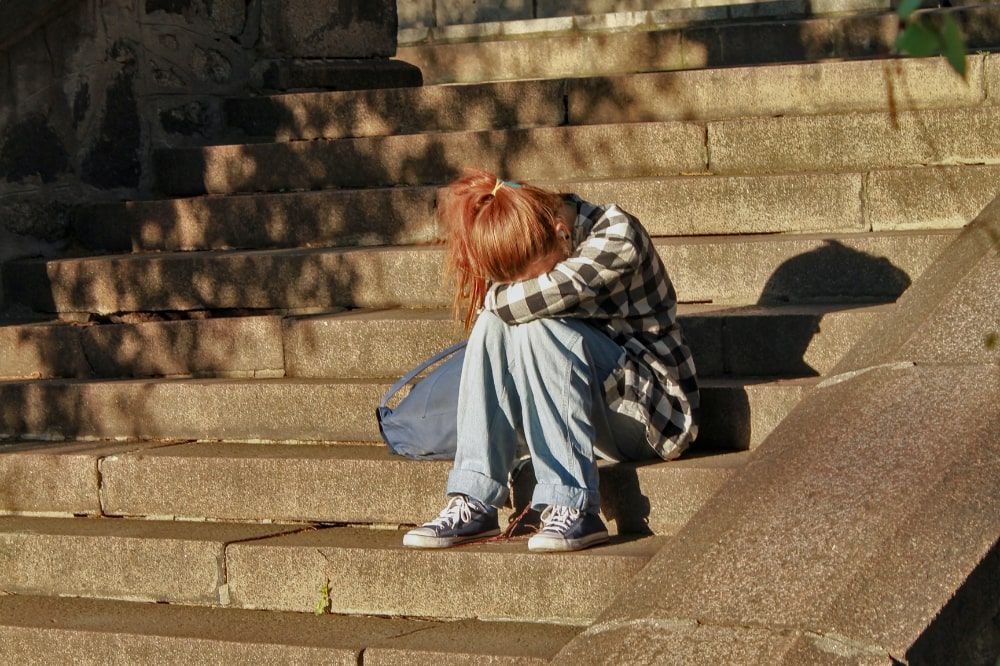In last week’s blog, we discussed the importance of protecting your mental health during a divorce. This week, we want to continue the theme by examining an equally important aspect of divorce – the impact it has upon children.
The Impact of Divorce or Separation Upon Children
For children, separation and divorce can be an especially sad, confusing and stressful time. They can feel like their whole world has turned upside down, and they may find themselves in the middle of an acrimonious split without the emotional tools to handle the situation. If left unchecked, children may feel shocked, uncertain, or even angry.
Divorce and separation are a transitional period for everyone involved. And, despite our best efforts, there will be some amount of grief and hardship to be endured. The good news is parents can dramatically reduce their child’s suffering by prioritizing their wellbeing during the separation process.
An effort to be patient, to reassure, and to listen can minimize stress and sadness as children learn to cope with their new reality. This process begins with broaching the difficult topic of the divorce.
How to Tell Children About a Divorce
Over the years, we’ve heard from many clients who have great difficulty in telling their children about their separation. After all, it’s an extremely challenging and emotional topic to cover. Make the conversation easier on both sides by preparing what you plan to say in advance. Try to think of answers for difficult questions the child may ask, and plan carefully what you want to tell them.
Difficult though it may be, try to address the important points in a truthful and upfront manner. Reassure them that both parents are still there for them and still very much love them. Let them know of any dramatic lifestyle changes such as moving house, and that both parents will be there to support them along the journey.
Signs Your Child is Struggling to Cope
During a divorce, it’s vitally important for both parents to watch for behaviour that’s out of character for their children. It can be an early warning sign they’re struggling to cope with the changes around them. Younger children may regress to behaviours they had previously outgrown, such as wetting the bed, throwing tantrums or seeking out a pacifier. Older children can display a wider range of emotions that manifest themselves in different ways. Look out for signs of anger, guilt, aggression or anxiety.
Avoid Blaming
While some resentment is typical during a divorce, it’s so important to avoid being critical of a former spouse in front of the child. Presenting a united front helps to smooth the transition for the child. We recommend both parents present the same reasons for the separation, and try to talk to the child together whenever possible. Remaining respectful of a former spouse gives comfort to any children involved, providing confidence they can still rely on both their parents no matter what’s ahead.
Place Your Child in the Centre – Not the Middle
In family law, so many of our decisions are governed by what is in the best interests of the child. Families come in different shapes and sizes, and the breakdown of a relationship does not need to damage the child. If you’re considering a divorce, any children involved should be prioritized in your decision making. They should be at the centre of your thoughts, but not in the middle of any disputes. If managed sensitively, most children will adapt well to their new circumstances. Leaning on experienced and family-focused advice from a family lawyer should be high on your list of priorities.
Talk to a Family Law Expert
If you’re going through a divorce, or have questions you would like to ask about the process, the expert team at Westside is standing by to help. Contact us and we’ll be happy to assist.

